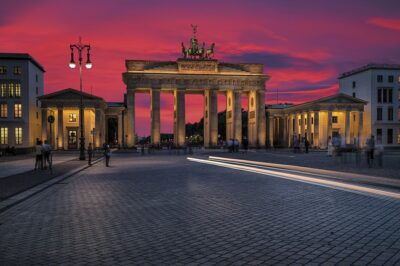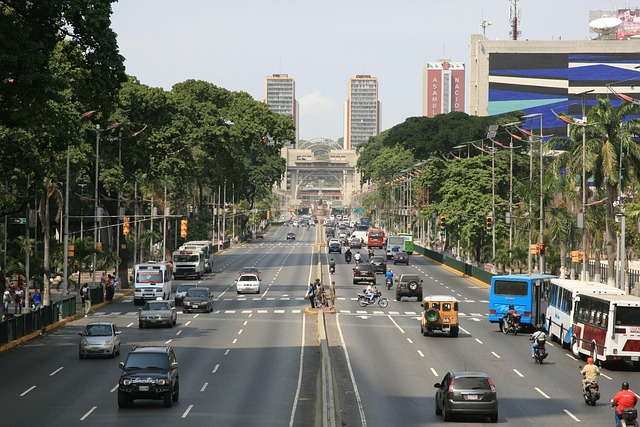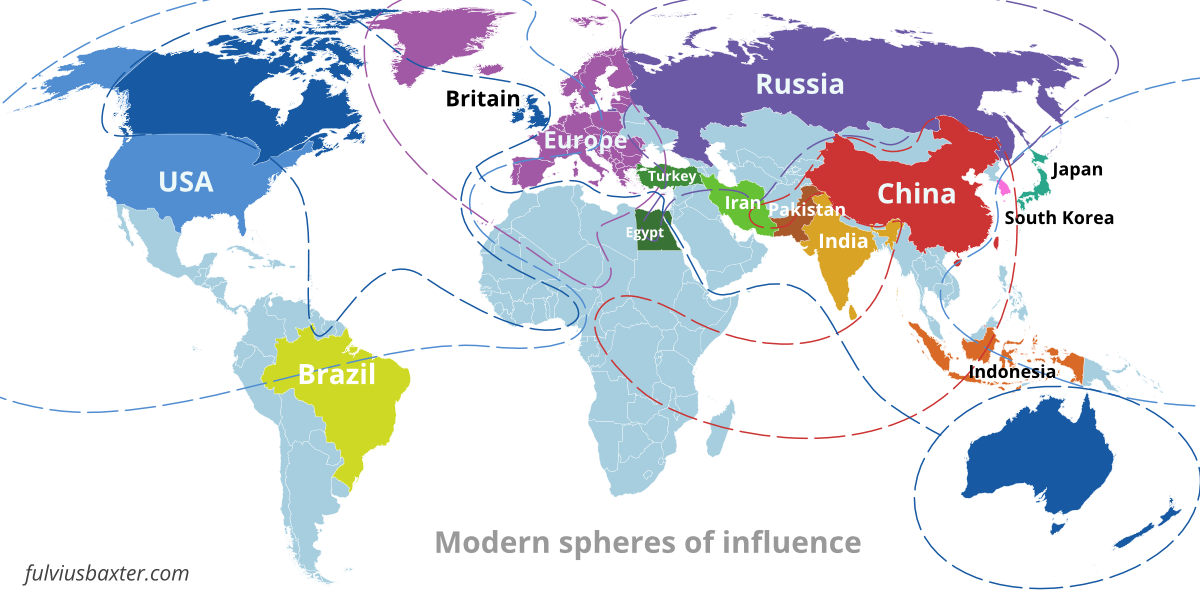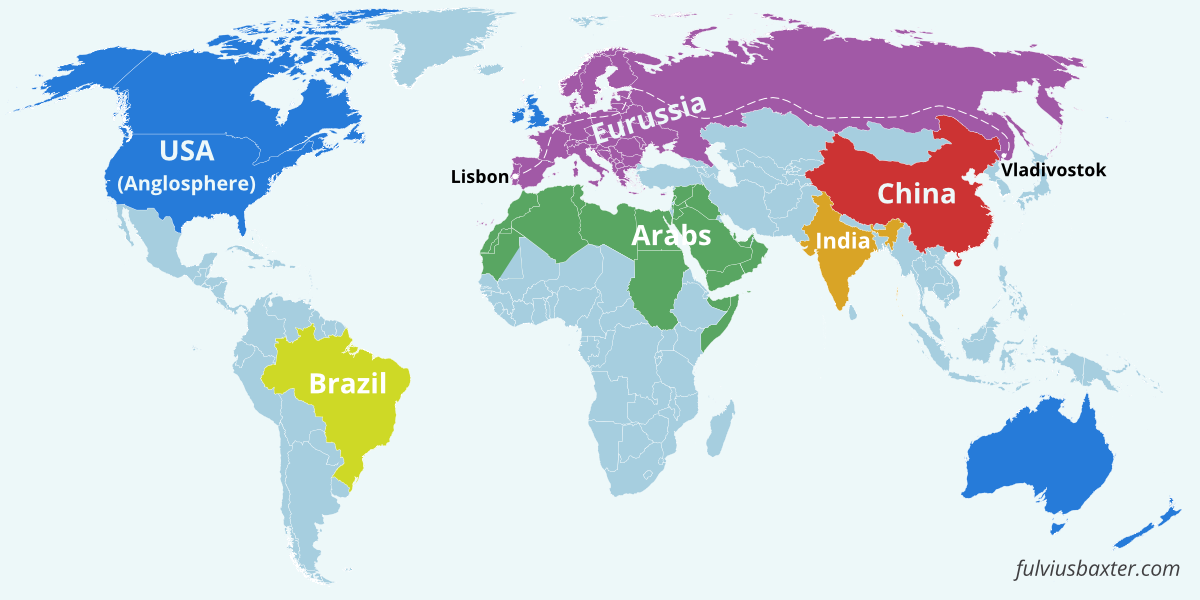 Several European countries, including Germany and the Netherlands, have taken strong action against mass immigration. Little Cyprus has expelled 7000 illegal immigrants this year. And in the US, Trump is winning more and more supporters. We are seeing a shift in election results with more voices critical of migration among elected representatives. The media tells us that the far right is on the rise. What is really happening?
Several European countries, including Germany and the Netherlands, have taken strong action against mass immigration. Little Cyprus has expelled 7000 illegal immigrants this year. And in the US, Trump is winning more and more supporters. We are seeing a shift in election results with more voices critical of migration among elected representatives. The media tells us that the far right is on the rise. What is really happening?
My own thoughts on the whole thing are that the upper classes have now also experienced migration in their own backyard. And then it’s not so amusing anymore. The multicultural society has been and is an elite project, which may look nice on paper, but has unexpected consequences.
And you don’t have to be an ultranationalist to be against mass migration. Orban, for example, is pretty much the same old liberal he was in 1995, he hasn’t changed his views much, but the world around him has. He has not become extreme, it is his opponents who have become extreme.
In addition, the nobility have created various “retreats” around the world where they live in peace and quiet, such as Portugal. A few years ago, many rich people moved their luxury yachts there, for some strange reason. And Portugal is never criticized in the media, despite having a more restrictive migration policy than Hungary. They have a “Golden passport scheme”, where you can become a citizen if you invest 500.000 euro in the country. No poor refugees there. And low taxes. Legalized drugs. But Portugal always goes under the media radar.
Maybe it’s a bad idea to move to a rich man’s sanctuary when the rest of the world is eroding? Sooner or later, the global economy will be on its knees, which will ultimately affect the wealthy. And the influential voices in society, elected or not, are becoming more critical of the migration project.
While there are signs of a turnaround in migration policy, we should be wary. It is not over yet. Those of us who find it hard to reconcile ourselves with either the left or the right, and who prefer to be left alone, should be careful about who we ally ourselves with. The old socialists have woken up, those who dislike the fact that identity politics has taken over the class struggle, of course they are no real friends. Nor do the loud nationalists who preach about the church and the austere state. Here may be a golden opportunity to carve out an agenda of our own, working more with pragmatic free-minded principles, rather than rigid ideology and overarching truths.







